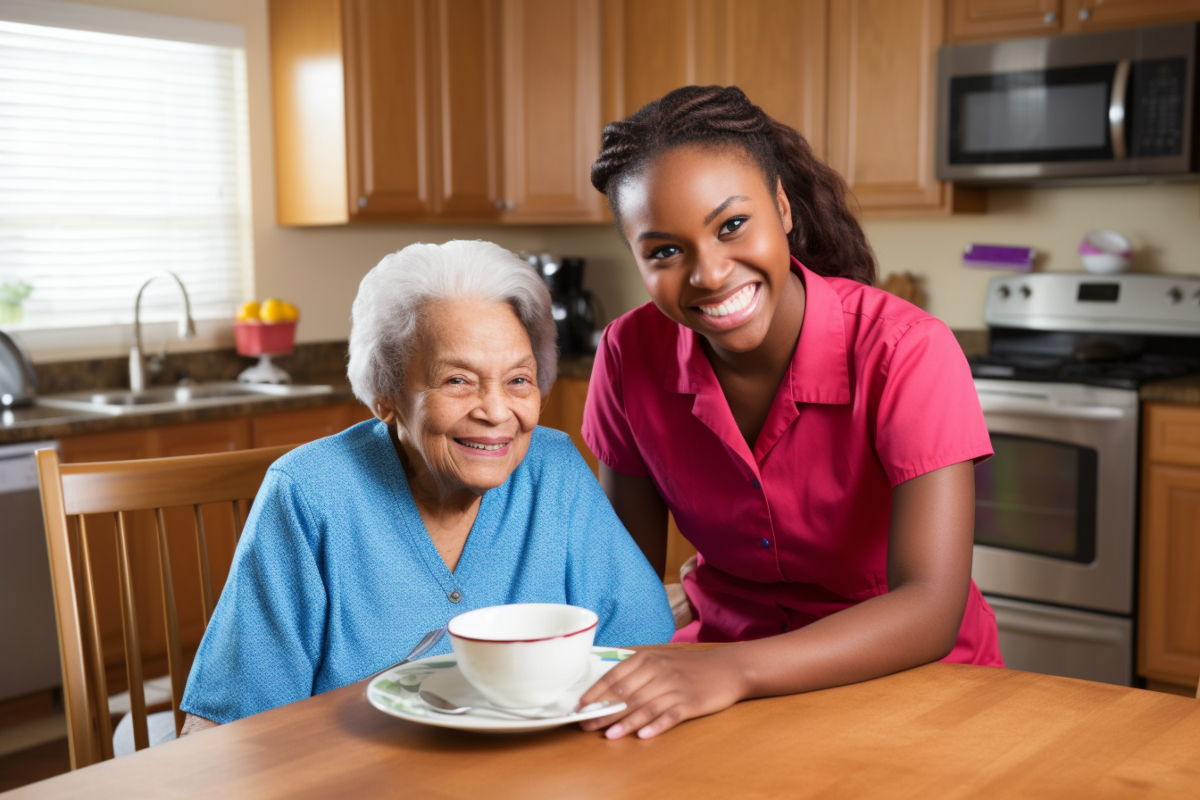
Aging in Place Independently with Home Care Assistance
For most seniors who opt to age in place, the desire to maintain independence is the driving force behind that...
Continue Reading
For most seniors who opt to age in place, the desire to maintain independence is the driving force behind that...
Continue Reading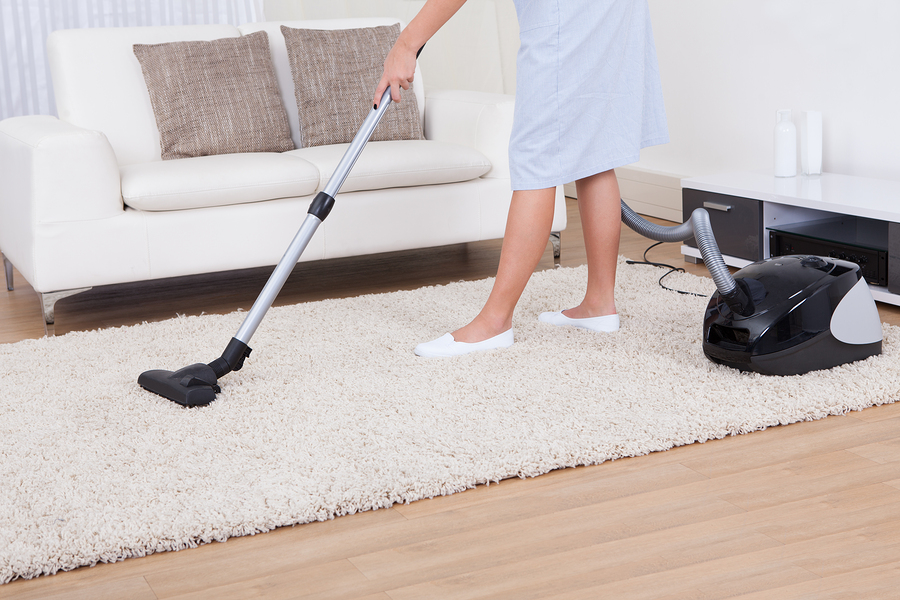
Your senior loved one may want to age in place, but as they do there are certain challenges that also...
Continue Reading
Now is a great time for seniors to make some healthy diet changes. Seniors often struggle with malnutrition. In fact,...
Continue Reading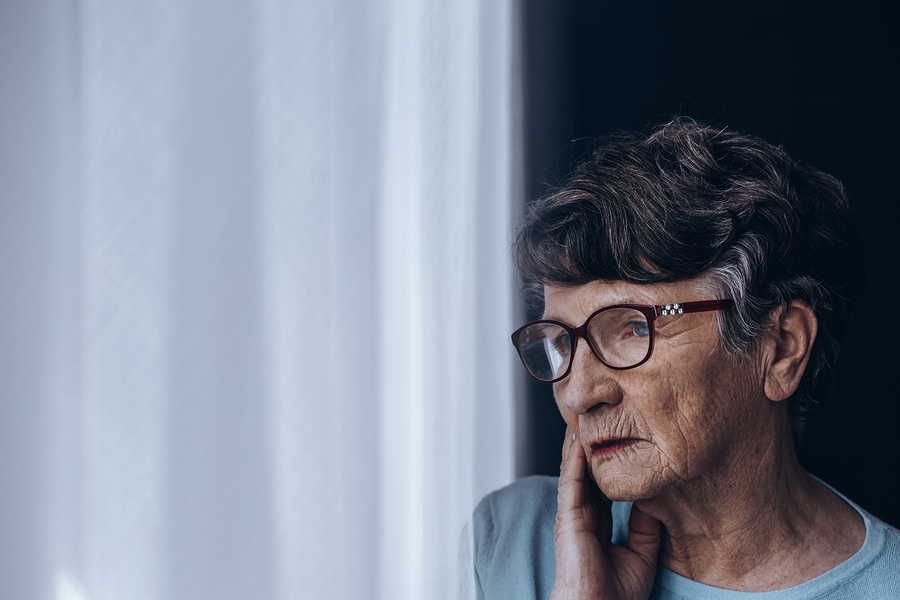
Some people may assume that because you’re an elderly person, you have no stress or worries. Maybe they think you’re...
Continue Reading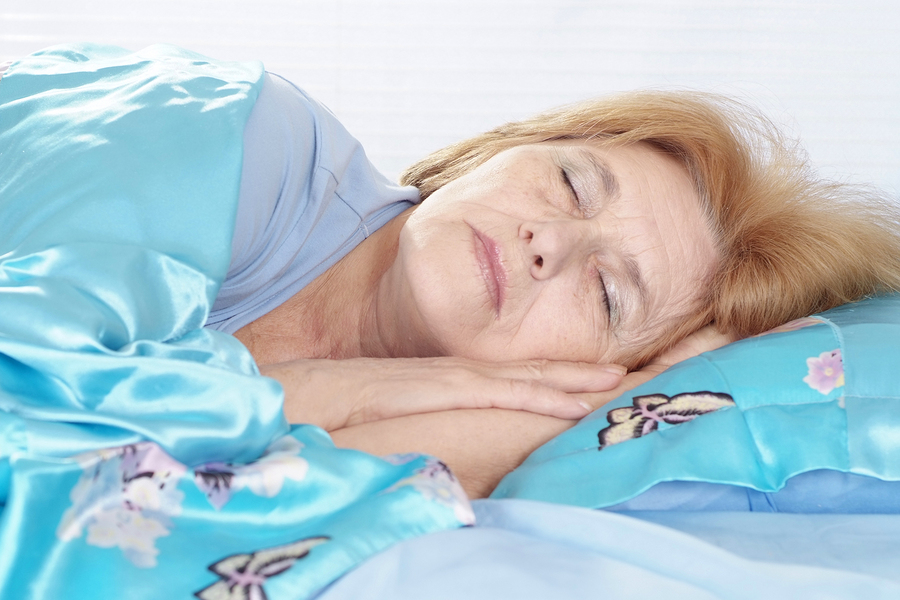
Sleep is crucial for seniors because it helps the body to repair and regenerate, reduces stress and anxiety, and helps...
Continue Reading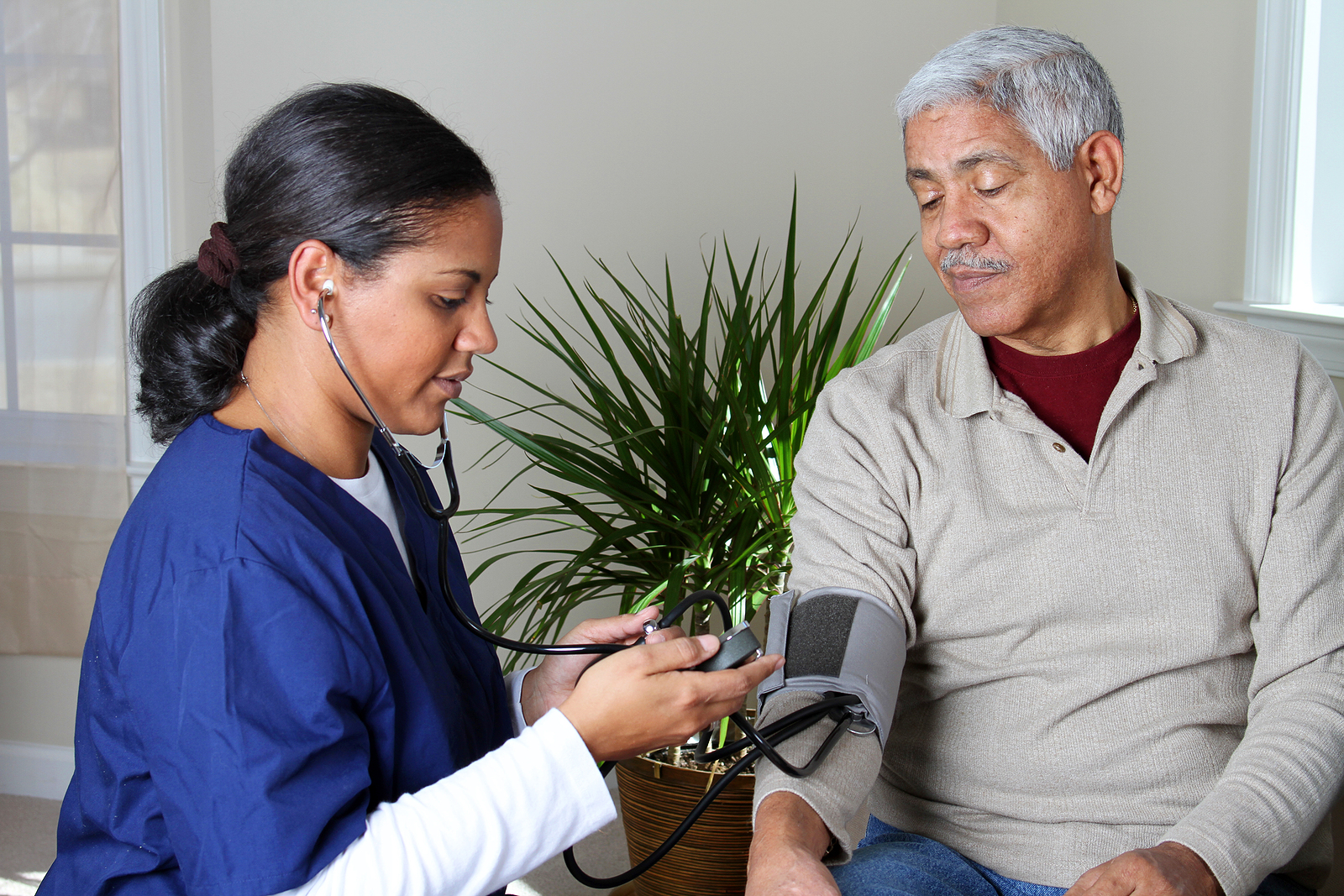
Seniors have an increased risk of developing high blood pressure as they get older. According to studies there are more...
Continue Reading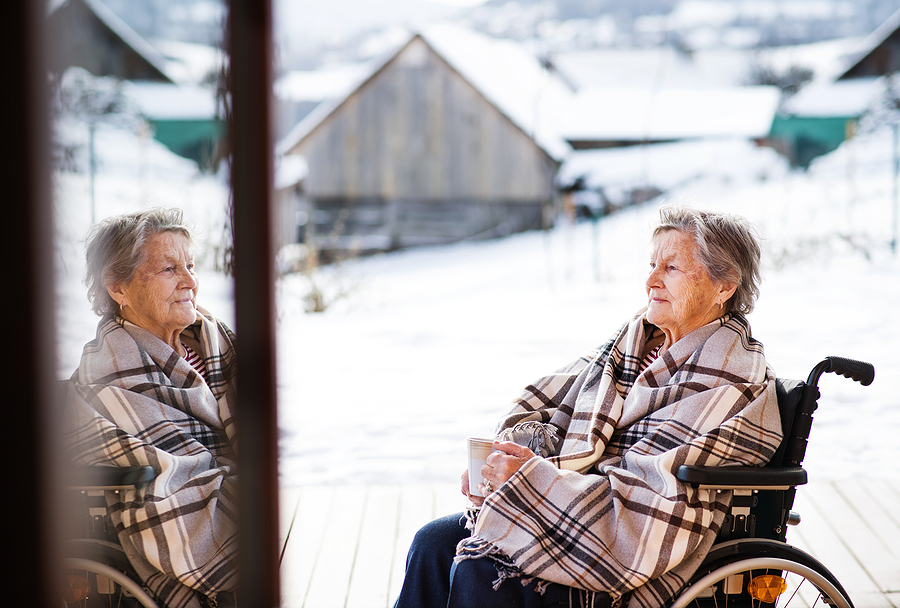
Many seniors who are active and social during warmer weather find themselves facing loneliness in the winter. When the winter...
Continue Reading
The aging process is often connected with tons of challenges and changes that no one asked to experience. But it...
Continue Reading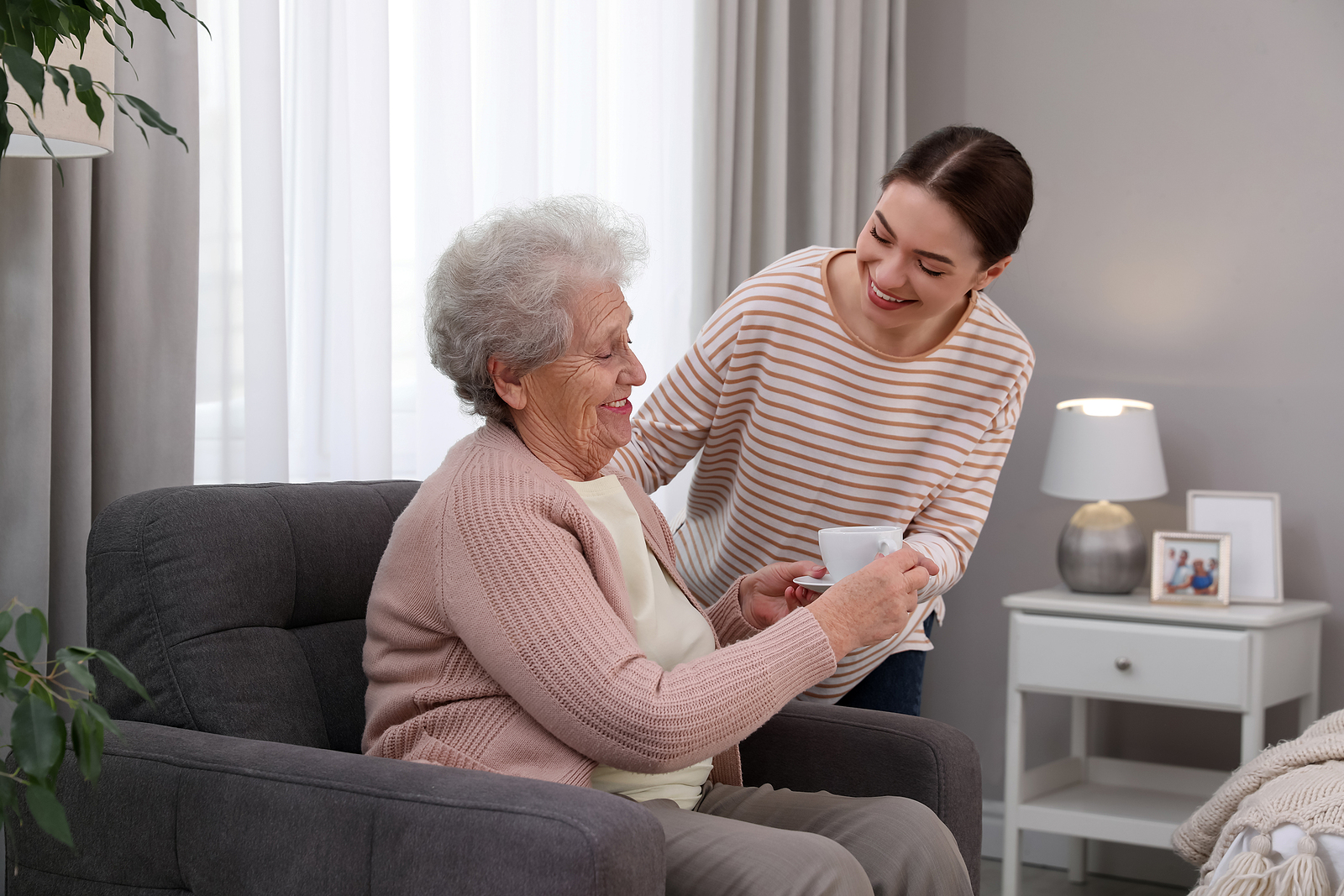
As dementia progresses, family caregivers can start to feel more and more overwhelmed. The key is to find ways to...
Continue Reading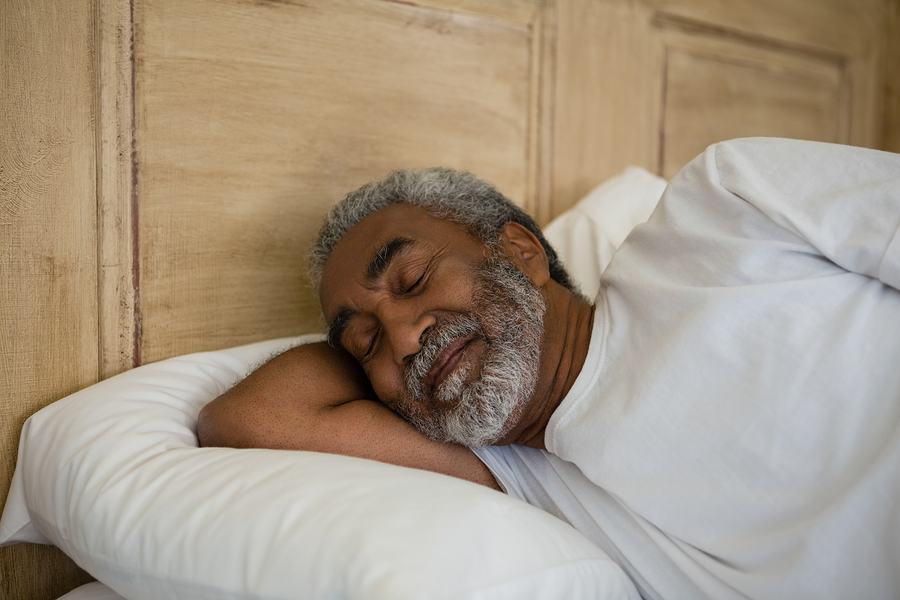
It’s very common for seniors to have trouble sleeping. Insomnia or restless sleep can be side effects of medication. And...
Continue Reading